- Home page
- Meat cuts for your next dish
- Cuts by protein
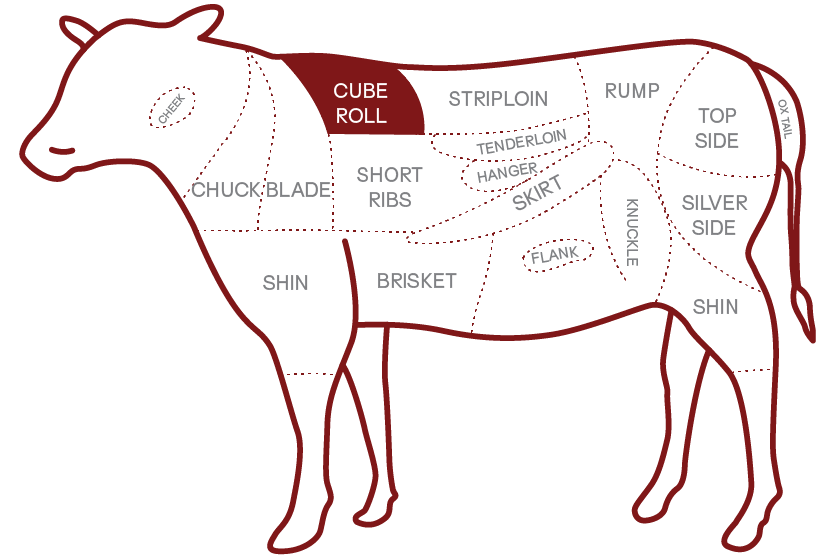

Cuberoll
Cube Roll is prepared from a Forequarter and consists of the M. longissimus dorsi and associated muscles underlying the dorsal aspect of the ribs (caudal edge of the 4th rib to the 13th rib inclusive).
SECONDARY CUTS
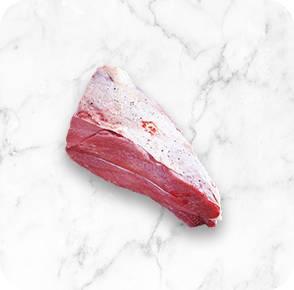
Standing rib roast
The standing rib roast is the scotch fillet with the rib bones attached. Found on the back of the animal, the scotch fillet runs from the striploin to the blade area. Because it’s taken from muscles not heavily exerted, the meat is very tender and succulent. The retention of the rib bones impart extra flavour during cooking.
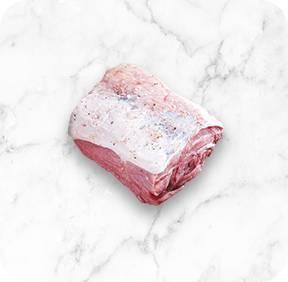
Rib cutlet
Rib cutlets are prepared by taking a standing rib roast and slicing it into steaks. The retention of the bone identifies it as a rib cutlet, when removed from the bone the steak becomes a scotch fillet. Like a scotch fillet, rib cutlets are taken from an area of the animal that hasn’t done the heavy moving, thus increasing tenderness. Leaving the bone in imparts extra juiciness and flavour.
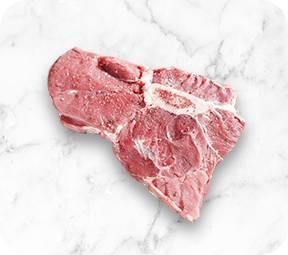
Scotch fillet roast
The scotch fillet sits between the striploin and chuck muscles along the back. Because it’s a muscle that’s not used for extensive movement, it’s tender, moist and flavoursome. Given its tender attributes, a scotch fillet roast can also be further sliced into steaks.
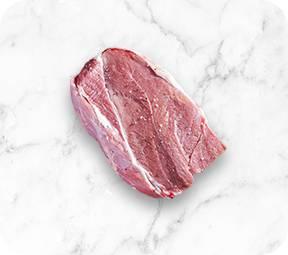
Scotch fillet steak
The scotch fillet is found along the back and runs from the striploin to the chuck. Prepared from a boneless beef rib set, it’s taken from a support muscle that does little movement. Scotch fillet steaks are tender and juicy and are suited to grilling, but can also be thinly sliced for use in stir-fries.
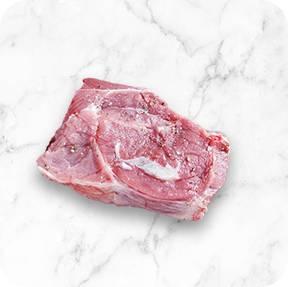
Rolled rib roast
A rolled rib beef roast is taken from the rib primal just behind the shoulder blade. Renowned for its tenderness and juiciness, it’s the same cut of beef as the standing rib roast, with bones removed and the beef rolled and tied. This flavoursome cut performs best when roasted in an oven.


